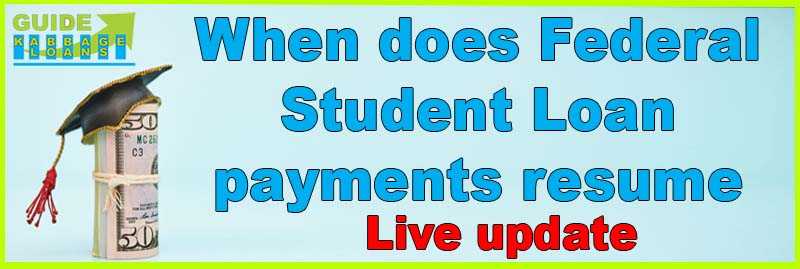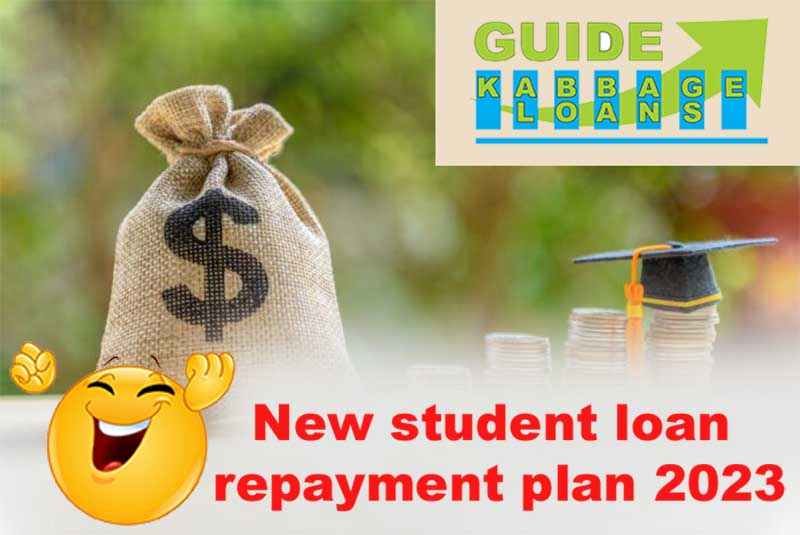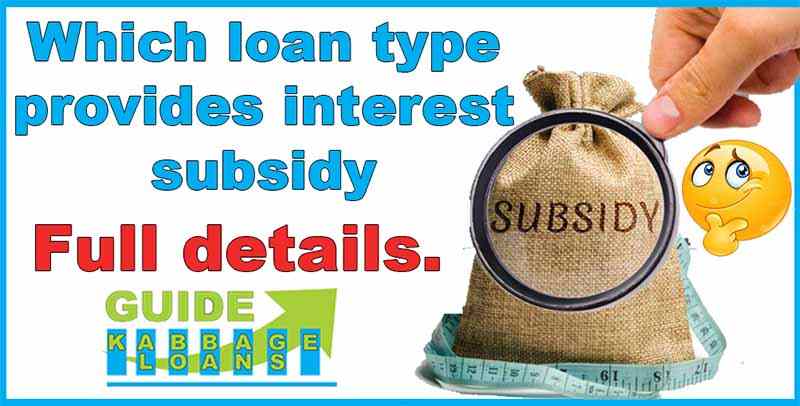When does federal student loan payments resume? From March 2020, lockdown started in different countries of the whole world. This was the reason that the United States of America had frozen all federal student loans. Since then till now the repayment of these loans has not started. The question in people’s minds is When does Federal Student Loan Payment Resume?
So friends, let us tell you that the Supreme Court had heard this appeal in the past, but no decision has been taken yet, so friends, it is absolutely justified to ask your question. In this article, we will tell you when is the payment of the Federal Student Loan in the USA going to start. So friends, let’s start the article.
When does federal student loan payments resume?
Welcome to our blog Kabbage Loan Guide. In our previous articles, we told you how to take a loan in Indiana from Coffee Break Loans and how you can take a personal loan on an income tax return in 2023.
Similarly, today in this article we will talk about Federal Student Loan Payment Start Date. And at the same time, we will also answer some other questions related to this which we have given below.
Key Points.
- When does federal student loan payments resume?
- Do federal student loans accrue interest while in school?
- Do federal student loans need to be paid back?
- When does interest start on federal student loans?
- When does repayment begin for federal student loans?
- Are federal student loans suspended?
- Are federal student loans forgiven?
When Does Federal Student Loan Payments Resume?
Federal student loan payments are scheduled to resume on October 1, 2023. After a pause of more than three years, the transition period will include a year-long “on-ramp” period from October 1, 2023, to September 30, 2024. During this period, borrowers who miss monthly payments will not be considered delinquent, and interest will accrue on the loans.
As of 26th of July 2023, The new plan for providing debt relief is the Saving on a Valuable Education (SAVE) plan, introduced by Secretary of Education Miguel Cardona. It will replace the current Revised Pay-As-You-Earn (REPAYE) plan. Under the SAVE plan, payments will be based on income and family size, capped at 5% of a borrower’s discretionary income, down from the current 10%. Borrowers making less than $33,000 a year will see their payments lowered to zero dollars, and all other borrowers will save at least $1,000 per year.
Those with a federal direct loan in good standing and already on the REPAYE plan, they will be automatically enrolled in the SAVE plan. The new plan aims to cut payments on undergraduate loans in half compared to other income-based plans and prevents borrowers who keep up with payments from seeing their balance increase.
President Joe Biden also plans to try authorizing broad education loan relief under the Higher Education Act of 1965, which grants the Department of Education the power to compromise, waive, or release federal student loans. However, using this approach may face legal challenges and take longer to implement as it requires public hearings and a feedback period.
Do Federal Student Loans Accrue Interest While in School?
Yes, federal student loans do accrue interest while you’re in school. However, there are different types of federal student loans, and the way interest is handled can vary. For example, with subsidized loans, the government pays the interest while you’re in school and for a period of six months after you graduate. With unsubsidized loans, interest starts accruing as soon as the loan is disbursed, but you don’t have to make payments until after you graduate.
Do Federal Student Loans Need to Be Paid Back?

Yes, federal student loans do need to be paid back. Unlike grants or scholarships, which are considered “free money,” student loans are borrowed funds that must be repaid with interest. It’s important to understand your repayment options and make a plan to pay back your loans.
What decision does the Supreme Court take before July 30, 2023? This is to be seen because if the Supreme Court forgives all loans then no one will have to pay federal student loans.
When Does Interest Start on Federal Student Loans?
As mentioned earlier, interest on federal student loans starts approx after 30 July. This date is not fixed yet. But after July 30, 2023, whatever will be the decision of the Supreme Court, everyone will have to accept it. If the repayment of the Federal Students Loan starts in the United States of America, then its interest will also start on the same day.
Like if the Supreme Court started the repayment on July 30, 2023. After that 60 days time, extra is available. After that, your loan repayment starts. But you will not get 60 days’ time in your interest because your interest will start from July 30, 2023.
Confirmed news about this will be known only after July 30, 2023, what decision the Supreme Court takes and when it starts paying federal student loans.
When Does Repayment Begin for Federal Student Loans?
Repayment for federal student loans typically begins six months after November 2023, So approximately in the last week of May or in the first week of August the repayment of Federal Student Loans will start. But there are some things that may or may not trigger federal student loan repayment.
For example, if the Supreme Court gives some other decision, then the decision of the Supreme Court will be valid. It may also happen that most of the loans are forgiven. Now with time it will be known what is going to happen next.
Is Federal Student Loans Suspended?
During the COVID-19 pandemic, federal student loan payments were suspended through September 30, 2021. However, as of October 1, 2021, federal student loan payments have resumed. But as time passed The time for federal student loan repayment start also increased and now in 2023, it is being heard that federal student loan repayment will start from July 30, 2023.
Now it remains to be seen what will happen on the coming 30th July. Supreme Court decides. And when does federal student loan repayment start?
Is Federal Student Loans Forgiven?

There are some circumstances under which federal student loans may be forgiven, cancelled, or discharged. For example, if you work in certain public service jobs or for a non-profit organization, you may be eligible for loan forgiveness after a certain number of years. Additionally, if you experience a total and permanent disability, your loans may be discharged. However, loan forgiveness is not automatic, A separate application has to be given for the waiver of this loan.
But all federal student loan repayments are in abeyance at this time. The Supreme Court is taking action on this. Whatever will be the final decision of the Supreme Court, everyone will have to accept it. It is possible that all the federal student loans in the United States of America may be forgiven in their entirety. And it may also happen that some amounts out of all the federal student loans are forgiven. That’s why it will be decided by the Supreme Court only.
Conclusion.
Finally, the EMI of all the Federal Student Loans in the entire United States of America has been stopped by the USA Government. Their time has increased many times. That’s why its decision is still under process in the Supreme Court. As soon as there is a decision on this, it will be known only after that when the payment of the Federal Student Loan will start.
It would not be right to tell any fix date about it. Because it has been decided in November that this decision has to be finalized before July 30, 2023. Therefore, by July 30, 2023, it will be final on what to do with all the federal student loans. Stay tuned to our website kabbageloan.us/ to get the latest updates.
Faq’s
Do federal student loans go away after 7 years?
No, federal student loans do not go away after 7 years. The typical repayment period is 10 years, but there are options for longer repayment periods or forgiveness after a certain number of payments.
Are federal student loans forgiven after 10 years of payments?
Some federal student loans may be forgiven after 10 years of payments through the Public Service Loan Forgiveness (PSLF) program, but this program has strict eligibility requirements and not all borrowers will qualify.





